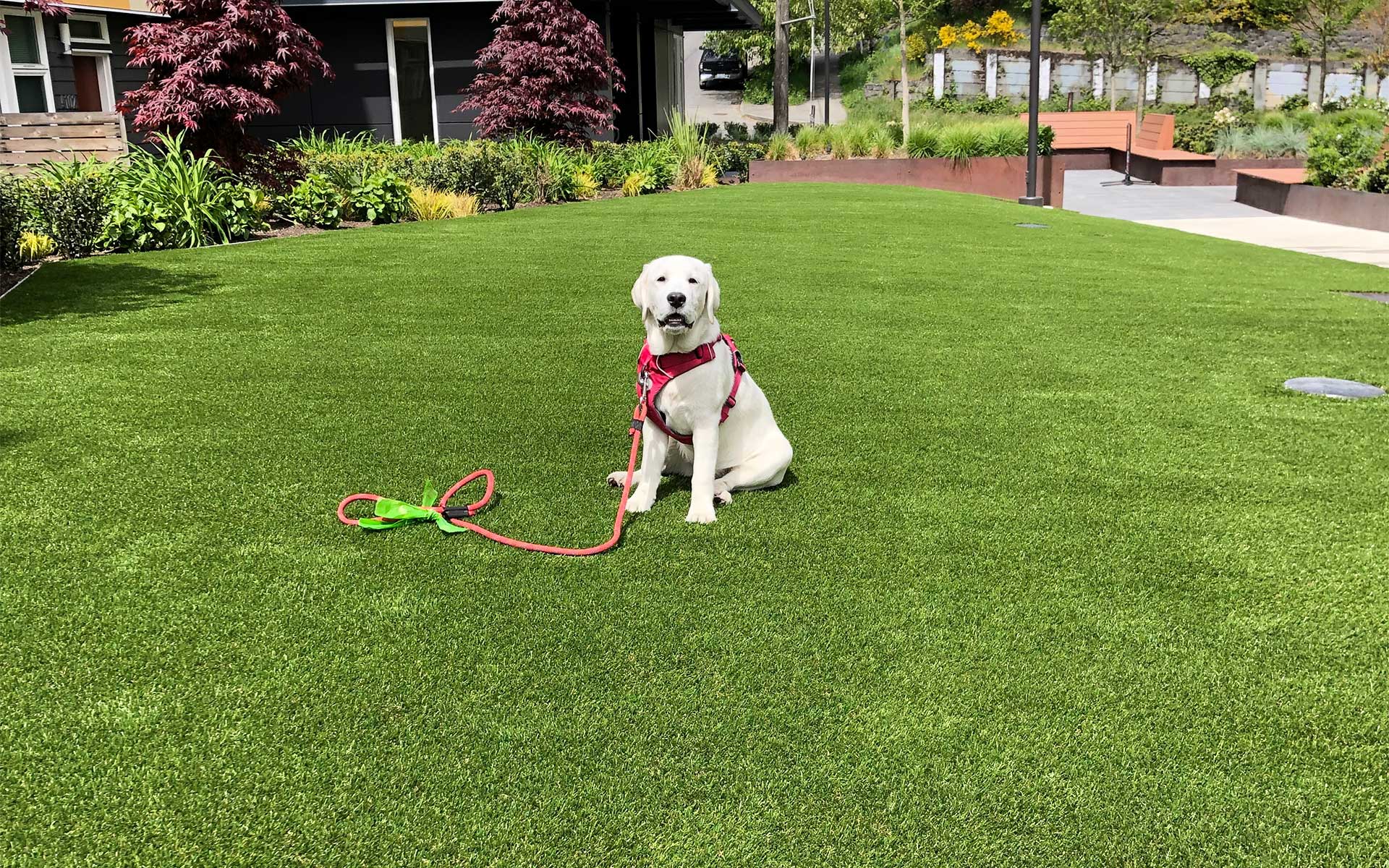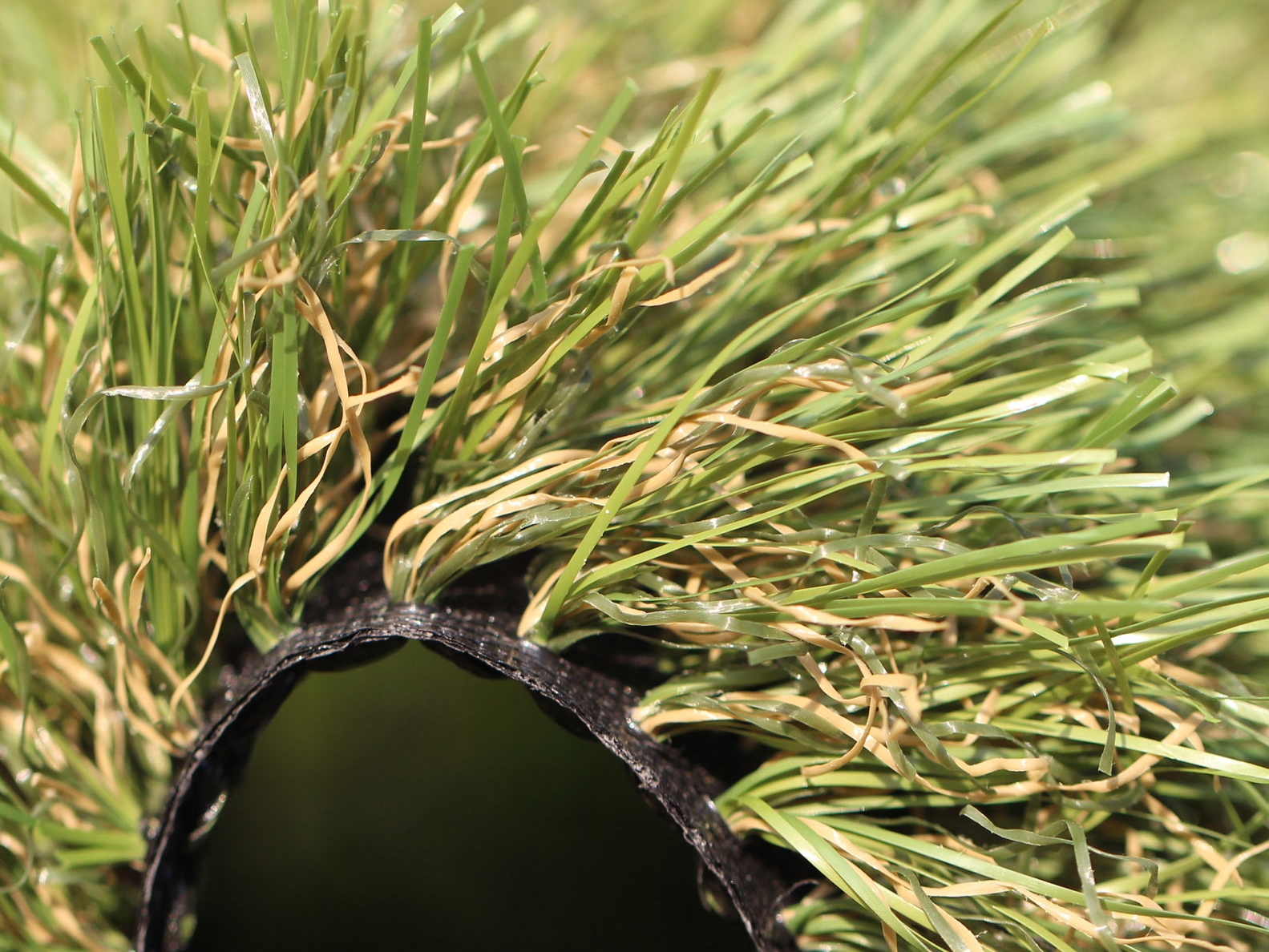Tailored Turf Installation Phoenix AZ for Residences, Companies, and Play Areas
Tailored Turf Installation Phoenix AZ for Residences, Companies, and Play Areas
Blog Article
Look Into the Environmental Advantages of Opting for Synthetic Grass Solutions
The adoption of synthetic grass options offers an engaging opportunity to attend to pressing ecological challenges. By considerably decreasing water usage and lessening the application of dangerous chemicals, these choices not only advertise lasting landscaping however also protect regional ecosystems. The reduced carbon footprint linked with reduced maintenance activities adds to a much more sustainable method to land administration. Nevertheless, the implications of these advantages expand past simple preservation efforts, raising concerns regarding their long-term impact on habitat preservation and general environmental equilibrium. Discovering these measurements reveals an intricate interaction worth thinking about.
Water Preservation Benefits
One of the most significant advantages of synthetic lawn is its capability to save water. In contrast, man-made turf does not need watering, substantially lowering the total demand for water sources.
By eliminating the requirement for regular watering, synthetic grass adds to lasting landscape techniques and assists minimize the environmental impact of excessive water consumption. The preservation of water extends to the decrease of runoff, which can lead to dirt erosion and river air pollution.
Furthermore, the installment of synthetic grass enables home owners and communities to designate water sources much more efficiently, concentrating on vital uses such as alcohol consumption water and agriculture. The change towards artificial lawn not just advertises accountable water usage however additionally aligns with more comprehensive ecological objectives aimed at protecting all-natural resources.
As areas progressively prioritize sustainability, the water conservation advantages of synthetic grass provide a compelling instance for its fostering in commercial and property landscaping tasks.
Lowered Chemical Usage
The shift to fabricated grass dramatically reduces the dependence on chemical therapies frequently used in all-natural turf maintenance. Conventional turf administration typically involves the application of plant foods, pesticides, and herbicides to advertise development and control insects. These chemicals can posture threats to human health and wellness, regional wildlife, and the environment, adding to soil and water contamination.
In comparison, synthetic turf eliminates the need for these damaging materials. By reducing the launch of synthetic substances right into the ecological community, synthetic grass advertises healthier soil and water systems.
Additionally, the absence of chemical overflow related to fabricated turf installments helps safeguard neighborhood waterways from contamination, sustaining marine life and maintaining biodiversity. Turf installation phoenix az. As areas progressively focus on lasting techniques, opting for synthetic grass provides a sensible option that aligns with ecological conservation objectives. Via this change, building proprietors can enjoy lavish green spaces without endangering eco-friendly health, leading the way for a much more lasting future
Reduced Carbon Footprint

In addition, the setup of artificial turf can lead to substantial water preservation. All-natural lawns require considerable amounts of water for watering, which not just contributes to the carbon impact linked with water removal and treatment however likewise stress regional water resources. In contrast, synthetic grass needs marginal upkeep, requiring no watering, therefore significantly decreasing water usage and its linked power prices.
Additionally, the longevity of man-made grass adds to its decreased carbon effect. With a life expectancy of up to 15 years or even more, the demand for constant replacements is decreased, causing less waste and reduced power usage in manufacturing and taking care of conventional yard alternatives. Generally, synthetic grass presents a lasting option for environmentally aware landscaping.
Environment Conservation
Habitat preservation is a critical factor to consider in the debate over landscape design selections, especially when comparing synthetic grass to natural lawn. Natural turf yards often call for considerable upkeep, including using chemicals, plant foods, and herbicides, which can detrimentally impact local environments. These chemicals can seep right into the soil and rivers, damaging indigenous vegetation and fauna and disrupting local habitats.
On the other hand, synthetic grass offers an opportunity to YOURURL.com reduce the ecological footprint of landscaping. By going with synthetic turf, property owners can decrease the disruption of all-natural environments linked with typical grass care methods. Fabricated grass eliminates the demand for harmful chemicals, consequently protecting neighboring wild animals and preserving the stability of surrounding environments. Moreover, the setup of synthetic grass can bring about the conversion of former turf locations into even more biodiverse landscapes, such as pollinator yards or indigenous plant locations, which can sustain neighborhood wild animals.
Eventually, the shift to synthetic grass not only saves water and decreases look what i found upkeep initiatives but also cultivates a more harmonious relationship between human tasks and the all-natural atmosphere, advertising habitat preservation in the procedure.
Long-Term Sustainability
Long-term sustainability is an essential element in evaluating the benefits of synthetic grass over typical turf lawns. One of the most substantial benefits of synthetic grass is its longevity; it can last approximately 15-20 years with marginal upkeep, whereas all-natural turf calls for regular reseeding and substitute. This longevity minimizes the requirement for continuous sources, such as water, fertilizers, and pesticides, which are necessary for keeping a healthy yard lawn.
In addition, synthetic grass adds to a decrease in carbon exhausts related to yard care equipment. Typical grass typically require gas-powered lawn mowers, leaners, and blowers, all of which add to air contamination. Arizona artificial turf. On the other hand, synthetic grass eliminates the need for such devices, advertising a cleaner setting
In addition, the production of synthetic lawn significantly makes use of recycled products, improving its sustainability account. As manufacturers embrace eco-friendly techniques, the ecological impact of artificial grass continues to diminish.

Conclusion
The fostering of artificial turf solutions presents substantial environmental advantages, consisting of substantial water conservation, decreased dependence on hazardous chemicals, and a reduced carbon impact. Man-made turf help in maintaining natural environments by minimizing land disruption and advertising long-lasting sustainability through the straight from the source usage of long lasting materials. Collectively, these variables emphasize the possibility of synthetic grass to add positively to environmental health and wellness and use a sensible alternative to conventional landscaping practices in a progressively resource-conscious globe.
In contrast, man-made lawn does not need watering, significantly minimizing the overall need for water resources. By reducing the launch of artificial substances into the community, artificial lawn promotes much healthier dirt and water systems.
Furthermore, the installment of synthetic lawn can result in substantial water preservation. In contrast, artificial lawn needs very little upkeep, needing no watering, thus considerably lowering water usage and its linked energy costs.

Report this page